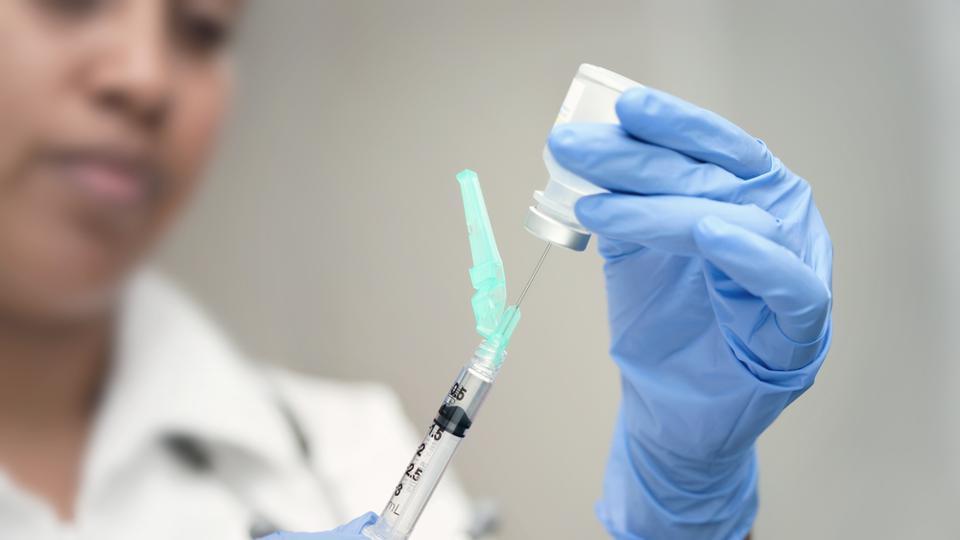Dear parents, take note. Cholera vaccines are less effective for children under 5

Vaccines are helping India wipe out several diseases. When it comes to cholera though, things may be different. A study has found that cholera vaccines provide significantly less protection for children under the age five, a population particularly at risk of dying from the diarrhoeal disease. A team of researchers at Johns Hopkins University in the US conducted a review of literature, which considered seven clinical trials and six observational studies.
They found that the standard two-dose vaccine regimen reduced the risk of getting cholera on average by 58% for adults but only by 30% for children under age five. Cholera is transmitted through an oral-fecal route, with outbreaks and endemic transmission tending to occur in areas with poor sanitation and a lack of clean drinking water. It affects an estimated three to five million people per year worldwide and causes 28,000 to 130,000 deaths annually.
Oral vaccines for cholera, which are composed of killed, whole cells of the bacteria Vibrio cholerae, became commercially available shortly after their development in the 1980s. “Yet for years, these vaccines have not been widely available, have been fairly expensive for broad public health use and have been associated with a number of misconceptions, including that they do not work well,” said Andrew Azman, research associate at John Hopkins University. Studies have suggested a wide range of how well these vaccines provide protection, with some results suggesting that the risk of cholera is cut in half with the vaccine and others suggesting that risk is nearly eliminated. “There continues to be a lot of misinformation on what this vaccine is and what it can do,” Azman said.




